What's the real link between income and well-being?
by Amparo C. on Dec 17, 2014 | Views: 508 | Score: 3
| very happy | fairly happy | not too happy | |
|---|---|---|---|
| less 10k | 35 | 44 | 21 |
| 10k-20k | 42 | 42 | 15 |
| 20k-30k | 43 | 52 | 5 |
| 30K-40k | 55 | 41 | 4 |
| 40k-50k | 46 | 46 | 9 |
| 50k-75k | 55 | 40 | 5 |
| 75k-100k | 60 | 36 | 4 |
| 100k-150k | 60 | 40 | 0 |
| 150k-250k | 70 | 30 | 0 |
| 250k-500k | 83 | 17 | 0 |
| more 500k | 100 | 0 | 0 |
% of US population
Sources:
wsj.com, brookings.edu

 of
of

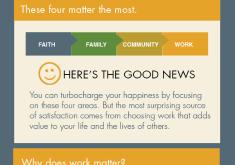
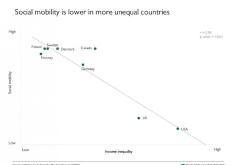
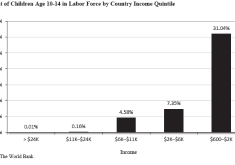
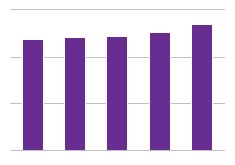
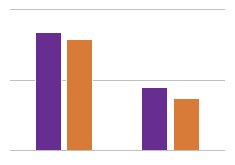

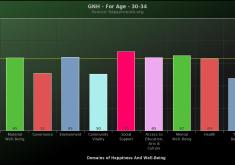
The idea that there is some critical level of income (once 'basic needs' have been met), beyond which income no longer improves well-being has been argued by scholars, and is intuitively appealing. However, a recent study shows that data does not support this commonly made claim. Their results suggest that subjective well-being increases with income, and that this effect does not diminish as income rises. Discrepancy with previous studies may be a consequence of employing different measures of well-being.
Note that although 100% of those with incomes >500k reported being "very happy", there were only 8 individuals in this category (out of a total of 1,014 participants).
This is honestly a very surprising result. Like you said, it is a very intuitive and appealing idea that after a certain income level, an individual's subjective happiness would level off. With that being said, though, financial difficulties often account for a large degree of stress, so I can see how the progressive elimination of such problems would only serve to increase happiness.